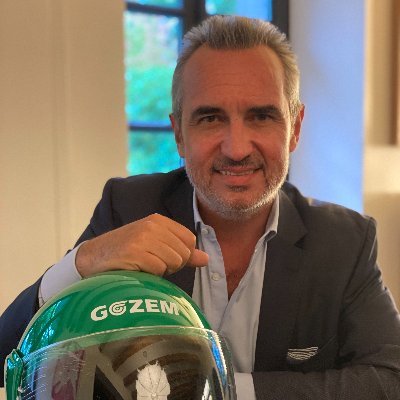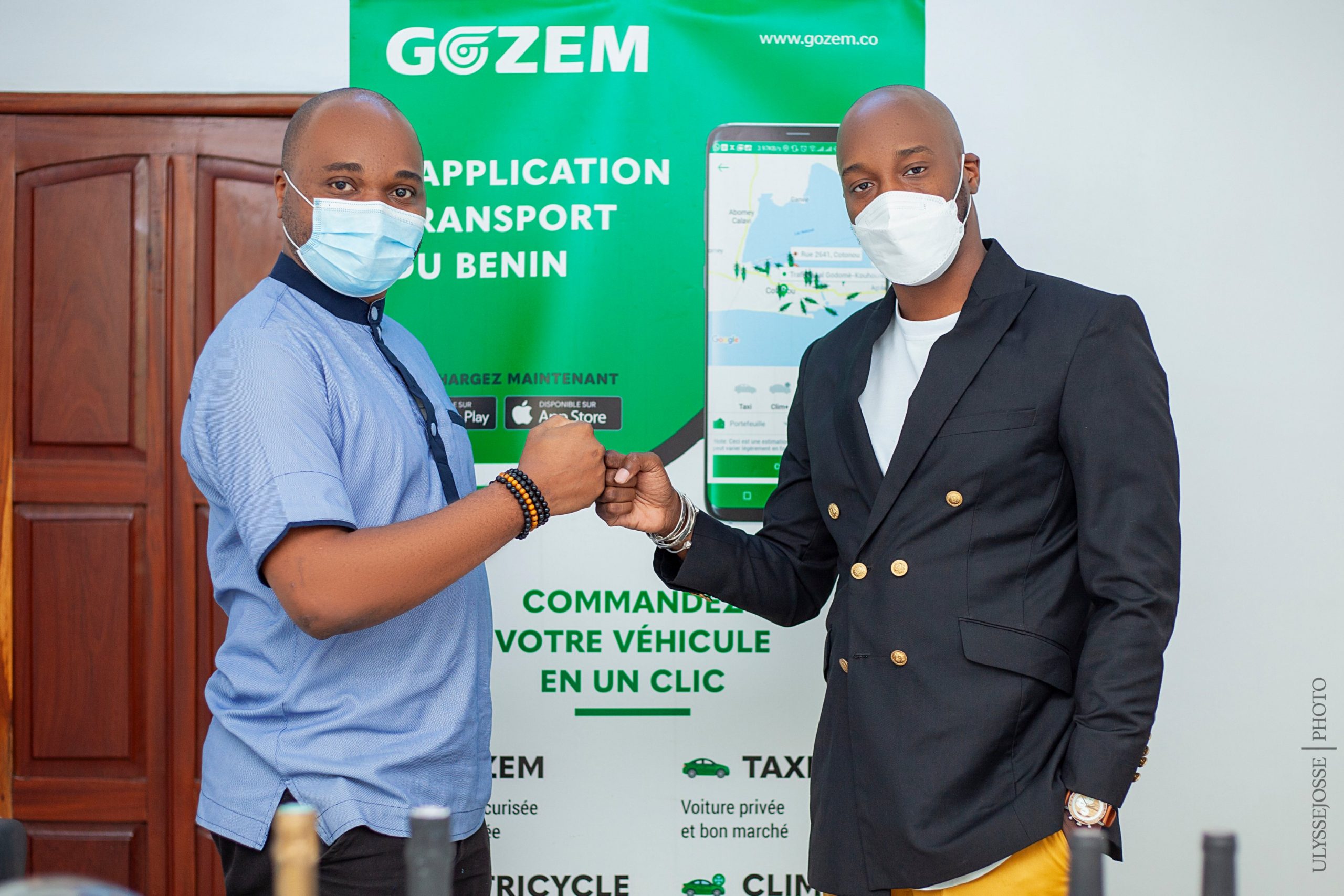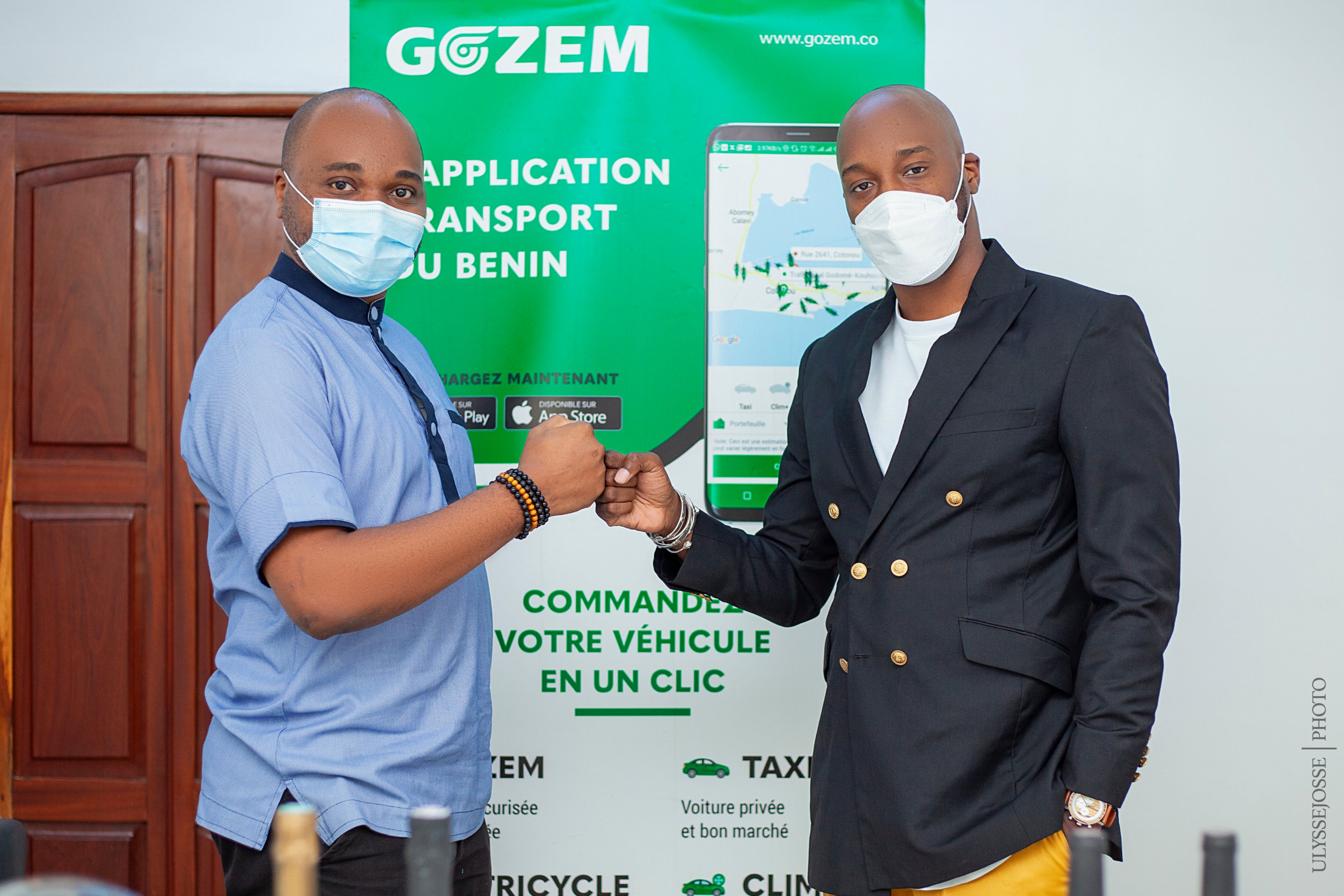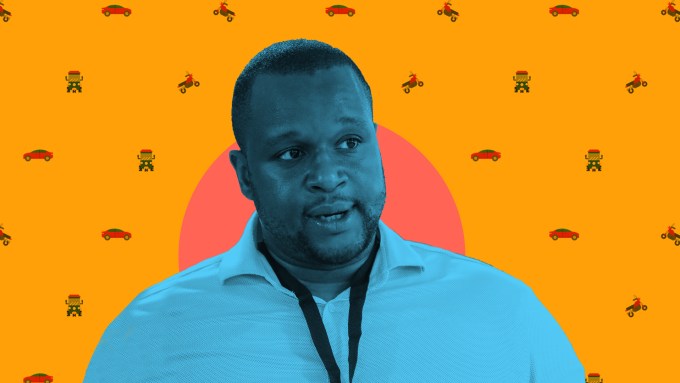Ride-hailing Startup Gozem Inks $10M Contract With IFC
Six thousand moto-taxi drivers in Togo and Benin now have access to vehicle financing thanks to a $10 million partnership between the West African super app Gozem and the International Finance Corporation (IFC).
This enables moto-taxi drivers to purchase or rent electric bicycles in an effort to increase their take-home pay. In this area, gasoline-powered motorcycles are the primary form of transportation. The partnership between Gozem and IFC will also educate drivers on the benefits of electric motorcycles, which may drastically cut carbon emissions.

According to a press release provided by Gozem, there are over 12 million mototaxi drivers in the informal economy of West and Central Africa. To fund their automobiles, the majority of drivers lack access to regular banks and microfinance institutions. Instead, they rely on moneylenders who demand significantly higher interest rates, typically exceeding 70% yearly.
Read also Recently Funded Algerian Ride-hailing Startup Yassir Expands To Senegal
Gozem, a smart app that offers a variety of services, including transportation, e-commerce, and financial services, has developed numerous programs in Francophone Africa to assist drivers in increasing their revenue, reducing their operating expenses, and gaining access to education.
It began offering reasonable auto financing to its users only fourteen months ago and has already assisted more than two thousand drivers in acquiring vehicles.
Through the new cooperation, Gozem and IFC will fund new vehicles for an additional 6,000 drivers, and “millions more” are reportedly in the works. Gozem and IFC will also test electric bikes under moto-taxi operating settings and construct a network of green battery swapping stations in Togo and Benin to demonstrate that electric bikes may save drivers money over the next year.
Read also Gozem, West African Super App Launches Operations in Cameroon
Yaotse Francis Eteh, a moto-taxi driver in Lomé, Togo, declares, “Gozem has truly altered my life.” “Their software has enabled me to better manage my finances, allowing me to complete construction on my home.” They lent me money to purchase two bicycles and gave my wife the opportunity to participate in their women’s entrepreneurship program. They have shown me unprecedented faith.”
Gregory Costamagna, co-CEO and co-founder of Gozem, estimates that in order to replace their cars, moto-taxi drivers in West and Central Africa will require access to $3 billion in credit facilities annually. “We are thrilled that IFC has placed its faith in Gozem to be a leader in offering affordable financing options to these underprivileged populations.”
“By collaborating with Gozem, we will enhance the number of green and cheap financing options for moto-taxi drivers who wish to switch to electric bikes. Aliou Maiga, IFC’s regional director for West and Central Africa, adds, “We hope IFC’s investment in these underserved communities will attract other investors and expedite the elimination of poverty and greenhouse gas emissions in these markets.”
Read also Partech Africa Is Raising Its Second African Startup Fund
Gozem is widely recognized as the leading mega app in Francophone Africa. It presently runs in 13 cities spanning Togo, Benin, Gabon, and Cameroon with a million registered customers who have performed 10 million trips since its November 2018 start.
The International Finance Corporation (IFC), a member of the World Bank Group, is the world’s largest development institution concentrating on the private sector in emerging nations. It operates in more than one hundred countries and contributed a record $31.5 billion to private firms and financial institutions in developing nations in 2014.
Charles Rapulu Udoh

Charles Rapulu Udoh is a Lagos-based lawyer, who has several years of experience working in Africa’s burgeoning tech startup industry. He has closed multi-million dollar deals bordering on venture capital, private equity, intellectual property (trademark, patent or design, etc.), mergers and acquisitions, in countries such as in the Delaware, New York, UK, Singapore, British Virgin Islands, South Africa, Nigeria etc. He’s also a corporate governance and cross-border data privacy and tax expert.
As an award-winning writer and researcher, he is passionate about telling the African startup story, and is one of the continent’s pioneers in this regard. You can book a session and speak with him using the link: https://insightsbyexperts.com/view_expert/charles-rapulu-udoh
















